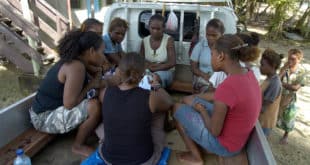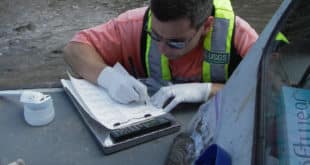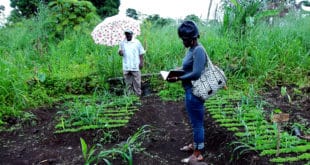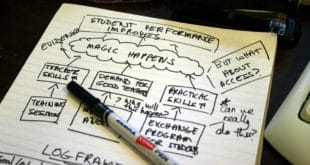Deciding whether to use interviews or focus groups for collecting qualitative data is an age old question that plagues every international development / aid worker at some point in their career. Some experts think interviews are better, some think focus groups are better, while others say it depends on the situation. …
Read More »Blog Posts
Does my study need ethics committee approval?
International development / aid workers are often faced with a dilemma when evaluating the results of their program. They need to do a survey, or some interviews, or even a randomised trial, but they’re not sure if they need approval from an ethics committee before doing it. I’ve encountered some …
Read More »Donations: Where does the money come from?
One of the first things I do when starting a new project is to ask the team a very important question: “Where does the money for this project come from?” I usually get a range of surprised looks. Surely I must know that the money comes from “donor X”. “Yes, …
Read More »7 things you can do to help stop per diem abuse
A per diem (Latin for “per day”) is a payment made to cover travel related expenses, such as accommodation, transport and meals, for employees and program participants. Because collecting receipts can be time consuming (or sometimes impossible in the case of tuk tuk drivers or market food stalls), per diems are …
Read More »What does “monitoring” actually mean?
A friend of mine was recently assigned to “monitor” a pilot project implemented by a local NGO. The only problem was that no-one had told her exactly what monitoring meant. Would it mean she just had to check off that the staff had implemented the activities on the work plan? …
Read More »Theory of Change vs Logical Framework – what’s the difference?
Over the last few decades there has been an ongoing debate in the international development community about the best way to describe how programs lead to results. One approach has been to use a Logical Framework (also called a LogFrame), which most donors now require. Another increasingly popular approach is …
Read More »Using the Bristol stool scale to measure diarrhea
According to the WHO, diarrhea is “the passage of three or more loose or liquid stools per day, or more frequently than is normal for the individual”. Diarrhea is often a symptom of a gastrointestinal infection which can be caused by bacteria, virus or parasite. It can also be a …
Read More »






